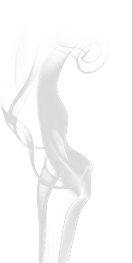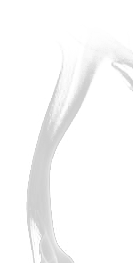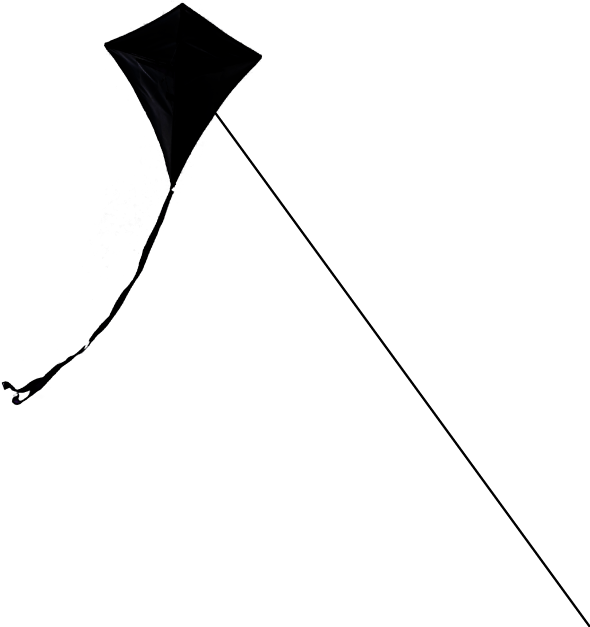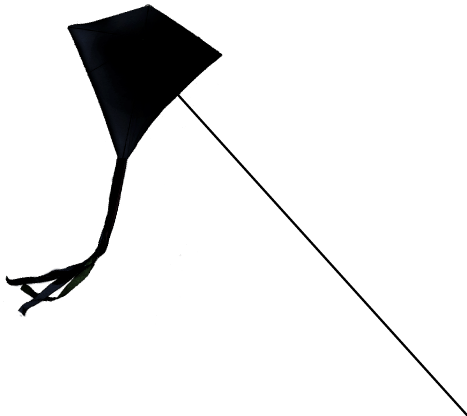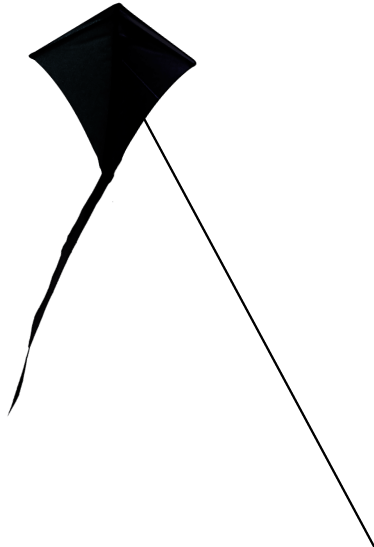Slow
Her voice escapes her throat and enters the microphone. The microphone is connected through a wire, like a throat, to one or more speakers, which emit soundwaves from her vocal chords. I wonder if there is any delay. Certainly copious echoes.
The floor is hard on my feet and my knees ache. Violet lights wash over the girl on stage; she loops her voice as it comes. Some aquatic art piece hangs from the ceiling, and the stage lights filter through its strings like sunlight striking coral and hydrophytic leaves. I am standing next to John. The sound infiltrates our pores, seeps even through our coats. Her voice slips down my throat and sneaks into my lungs.
I imagine my lungs as plastic bags or misshapen balloons. Everything expands and contracts in this room: pupils and pulsating stars. Her voice dissolves into a cavern deep within, undetectable without ultraviolet light. I try to feel my self inside of myself, coiled tight like a wire.
This song will never end. This voice will never cease to ooze its “ooh’s” and “aah’s,” all one and the same. I tap John on the arm. He bends to my height, and I cup my hand over his ear to whisper, “Who is she?” though I cannot hear my words.
I turn my head to the right so he can cup his own hand to my ear. His whisper tickles my skin. “Juliana…something.”
I nod. Something. Sometimes I have a deep feeling about something, but no possible words. Like describing a sliver of a dream, or a shadow. Her voice is aqueous, pure liquid that undulates in slow, rhythmic swirls. We are all underwater together under looming violet lights. Juliana Juliana Juliana. The name is long on my tongue, murky in my breath. Ju—lee—ah—na. Her name swells, a voice within a voice within a room within a bar. Language is cryptic and sometimes optical: her name is royal blue, with curvilinear lines. The room tastes like hookah smoke. Her voice half-sleeps on the otherwise quiet air.
“Do you like her?” John’s whisper grazes my ear again; his voice is in my body. Everything is in my body. I swallow and feel myself swallowing the sound that lingers in the room: the voice that echoes, dripping with saliva. My voice yearns to rise to the ceiling and tangle in the drooping art piece; to slip inside of hers. Do you like her? We are all a you. We are all an I. She is a her, and so am I. Does he like her? Does he like me? Do I like him? Do I have a fever? Language and logic form at the tip of the tongue, but her words are amorphous, nonexistent, and so are mine. What is she saying? How many people are here, in this? An infinite number of voices and souls and muscles and bones and multi-colored names...but, maybe twenty-five. The space is small; our heartbeats collide, metronomic ticks. We are all music, without microphones.
Yes. I cup my hand again, already ready, and he offers his ear. Some of his hair is in the way, so I push it behind cartilage. An intimate gesture for someone I barely know. His full name sounds like an eighteenth century composer’s: calligraphy black with curt strokes. He isn’t wearing earplugs and neither am I. We allow the sound to enter whole, naked the way we could enter one another later, if we please. But no, no we won’t.
“Yes.” There is only one voice, one moment, one dark room that ties strangers into an interlaced loop. Nothing else can or will exist. I will never be given another chance or choice, never hear another song or voice, not even my own. Heartbeats slow to a syncopated murmur as oxygen runs low, but we don’t need it anymore. We’ll grow gills, expand and contract long, slippery bodies, and swim into timelessness, under the violet waves of her language-less voice.
But then the sound peters out. The voice melts and recedes. Hands applaud, and the sound is thin, hollow. John looks at me and smiles. He claps too. My claps are muted by fingerless gloves. No voice. No sound.
Amy Dupcak holds an MFA in Fiction from The New School and has lived in Manhattan for several years. She is the Features Editor of the music + culture magazine BRM, and her fiction has been published in Slush Pile and Broken Pencil. Visit her at www.no-alternative.net.


